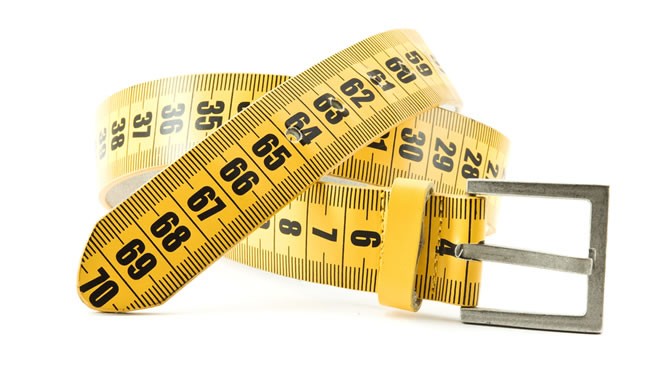The amount and type of protein that helps weight loss.
Adding just 10-15 grams of high-quality protein can help increase weight loss, a new study finds.
This amount of protein can also prevent weight gain by improving the metabolism and feeling of fullness after eating.
However, protein needs to be consumed in a balanced way.
Dr Heather Leidy and her colleagues from University of Missouri reviewed the current scientific literature on protein consumption (Leidy et al., 2015).
They found that weight loss progresses when a high protein diet is consumed with each meal during the day.
Around 1.2 – 1.6 grams of protein per kg body weight is the level that each individual needs to prevent weight gain or to promote weight loss.
For example, a woman who weighs 68 kilograms and wants to lose weight or stop gaining weight needs to eat at least 90 grams of protein a day.
The researchers make three recommendations:
1. Protein for breakfast
Dr Leidy said:
“Eating a protein-rich breakfast containing about 30 grams of protein leads to even greater satiety throughout the day and can reduce unhealthy snacking by improving appetite control.”
Most people eat enough protein at dinner but eating 30 grams of protein for breakfast sounds tricky.
However, when you plan ahead you can make it easier, Dr Leidy said:
“Take whatever source of protein you ate for dinner — whether that’s a steak or a pork chop — and eat it for breakfast along with Greek yogurt or include it in a pre-made breakfast casserole with eggs, which can easily get you to 30 grams of protein in the morning.”
2. Spread protein out between meals
Adding a little protein to lunch as well as breakfast also helps boost the feeling of fullness and can achieve more weight loss.
A practical way is to add 10 -15 grams of high-quality protein from foods like dairy, meat, and eggs.
Remember, the most important thing is to consume protein throughout the day.
3. High-quality protein
Proteins from plants are less digestible and lack one or more essential amino acids.
They are regarded as “incomplete” or lower quality.
Proteins from animal-based foods such as dairy products, eggs, fish, poultry and meat are easy to digest.
They also contain all the essential amino acids and so these kinds of proteins are considered ”complete”.
Meter belt image from Shutterstock
